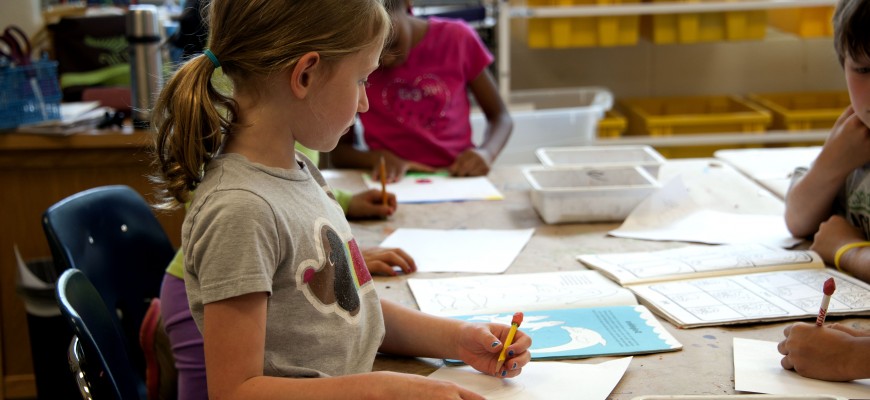If your child finds formal learning difficult, the thought of starting a new year at school can cause melt downs. This may mean your child experiences; tantrums, mood swings, anxiety, sleeplessness, lack of appetite and a sore tummy as the new school year approaches. What seems like the opportunity for...
Continue reading...
Suicide and self-harm remain taboo topics in schools, despite the fact youth suicide has reached a ten year high. Recent statistics show around eight children and young people die by suicide each week in Australia. Around one in ten self-harm during their teenage years. This loss of life means that...
Continue reading...
From domestic violence to public rallies and terrorist acts, it’s clear that anger, aggression and violence are widespread in society. Although these terms – anger, aggression, violence – are often used interchangeably, they are different and must be uniquely managed by care professionals and policy makers. Cases of mass murder,...
Continue reading...
Many of us will be able to recall the enjoyment of shared reading: being read to and sharing reading with our parents. However, my research has found that of the 997 Year 4 and Year 6 respondents at 24 schools who took part in the 2016 Western Australian Study in...
Continue reading...
There are growing calls for a debate about the role of post-school in society, both in Australia and overseas. After 30 years of constant expansion, some complain that universities have become too vocational in nature – too focused on jobs, not enough on the art of inquiry. At the same...
Continue reading...
In 1956 William Whyte argued in his bestseller, “The Organisation Man”, that companies were so in love with “well-rounded” executives that they fought a “fight against genius”. Today many suffer from the opposite prejudice. Software firms gobble up anti-social geeks. Hedge funds hoover up equally oddball quants. Hollywood bends over...
Continue reading...
Counting is perhaps one of the oldest scientific operations still in use today. From a young age we learn to count the numbers 0, 1, 2, 3, 4, 5, 6, 7, 8, 9. These are called the digits. But there is a problem with ten: we have to write it...
Continue reading...
2017 DAW Packs and Resources The Dyslexia Awareness Week (DAW 2017) packs are available to download. These packs provide an overview of the week and include posters, videos and training materials. For DAW 2017 we have created two DAW Packs: one DAW Pack for Children & Schools and another...
Continue reading...
Schools and teachers that embrace multisensory teaching methods employ a learning style that benefits all students. More importantly, they are providing pathways for children with specific learning disabilities to learn and access age-appropriate curriculums and then demonstrate what they know. A teacher is using multisensory teaching methods when his or...
Continue reading...
Many students have difficulty learning mathematics for a variety of reasons. Not all of these students have dyscalculia. However, there are some basic areas of mathematical activity in everyday life that may indicate a dyscalculic tendency if persistently difficult and frustrating for a person. Such symptoms manifest as: mathematics anxiety...
Continue reading...



























